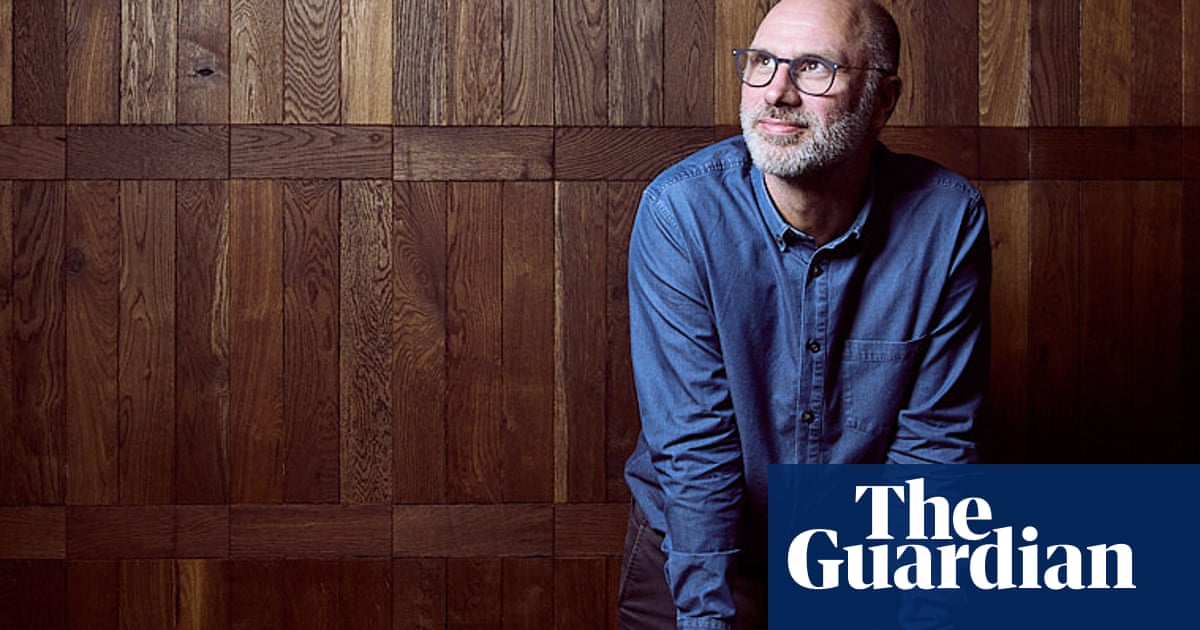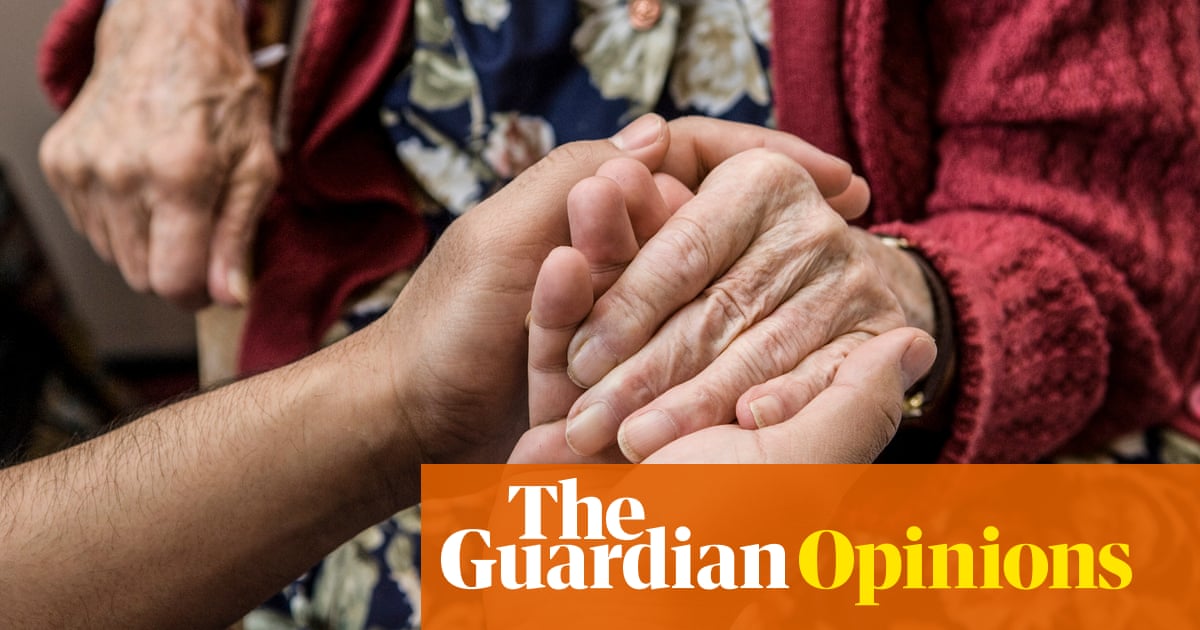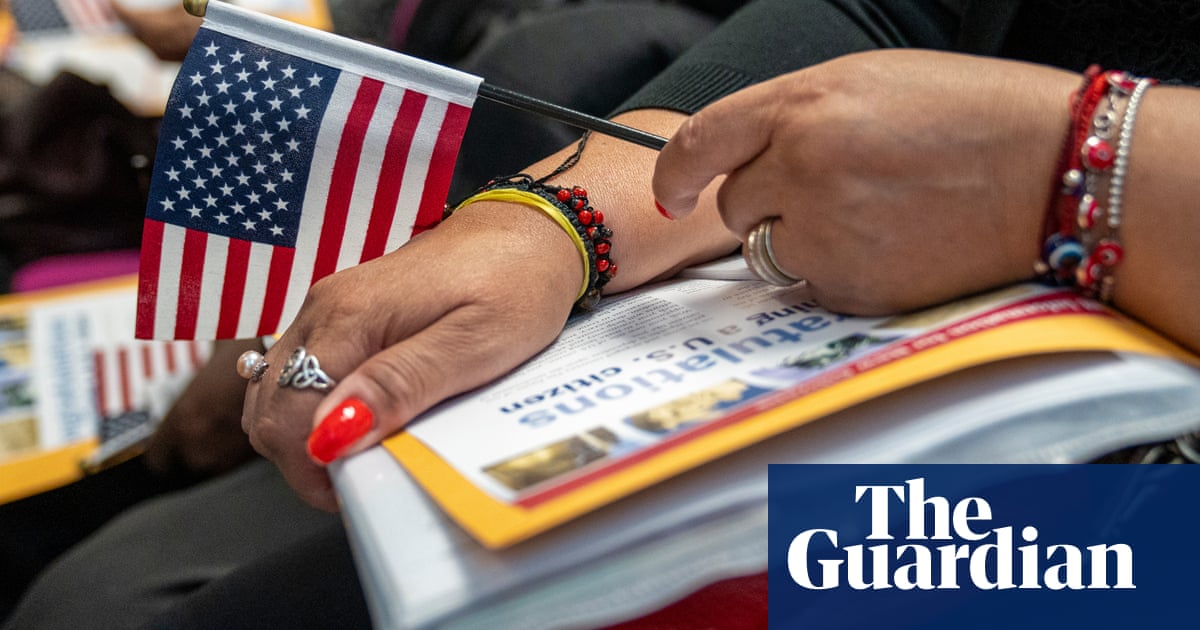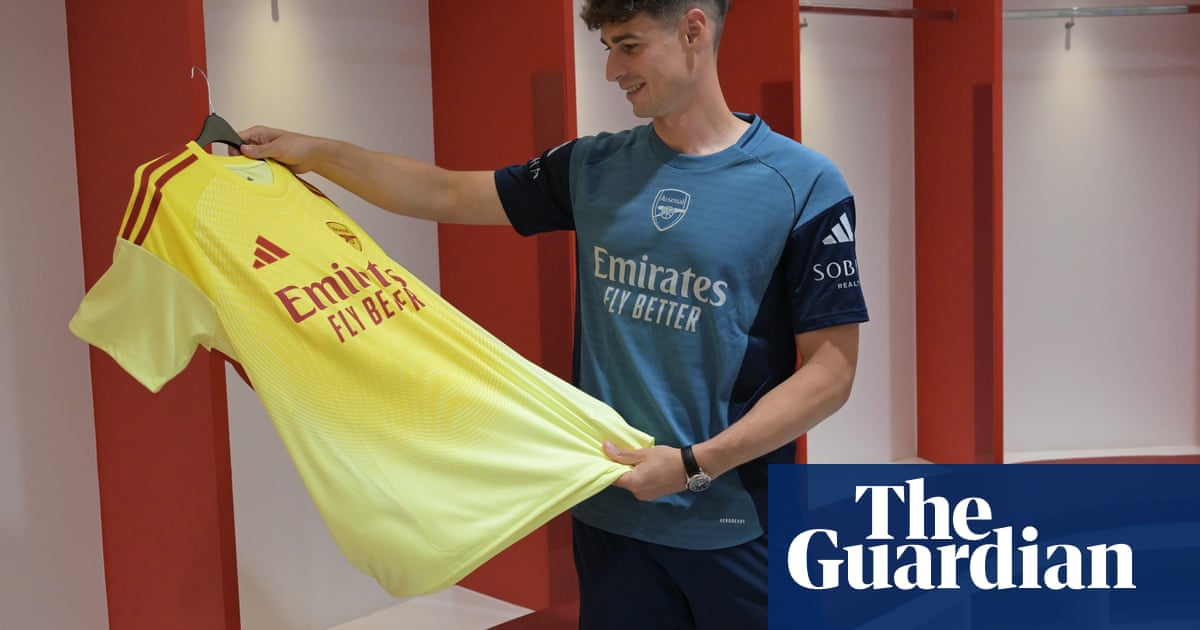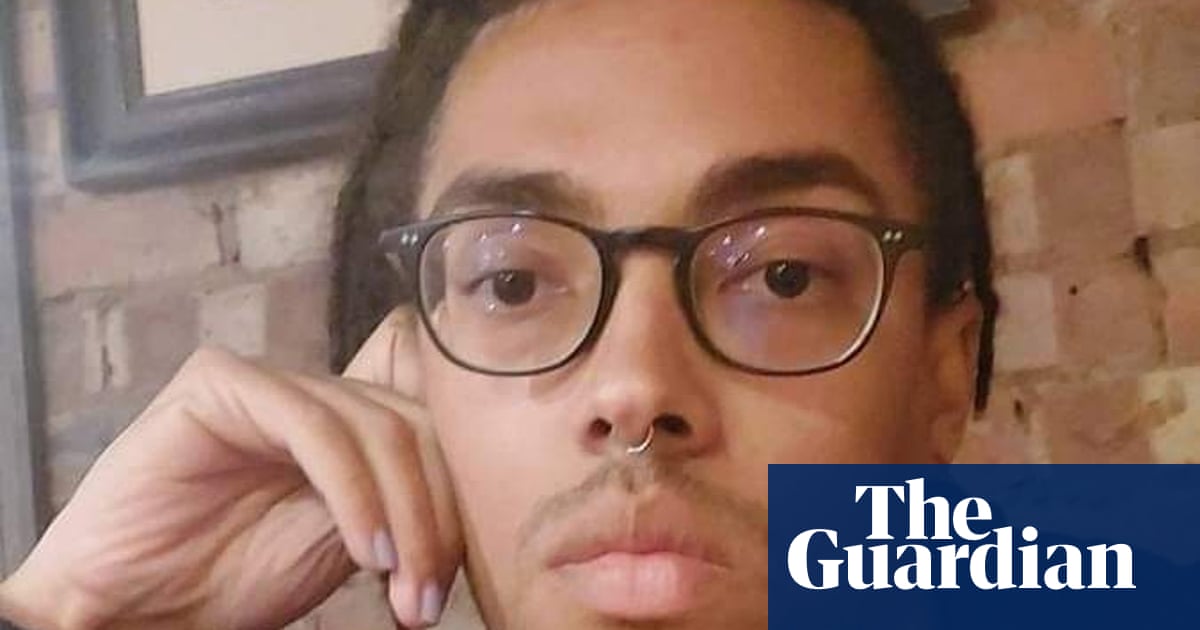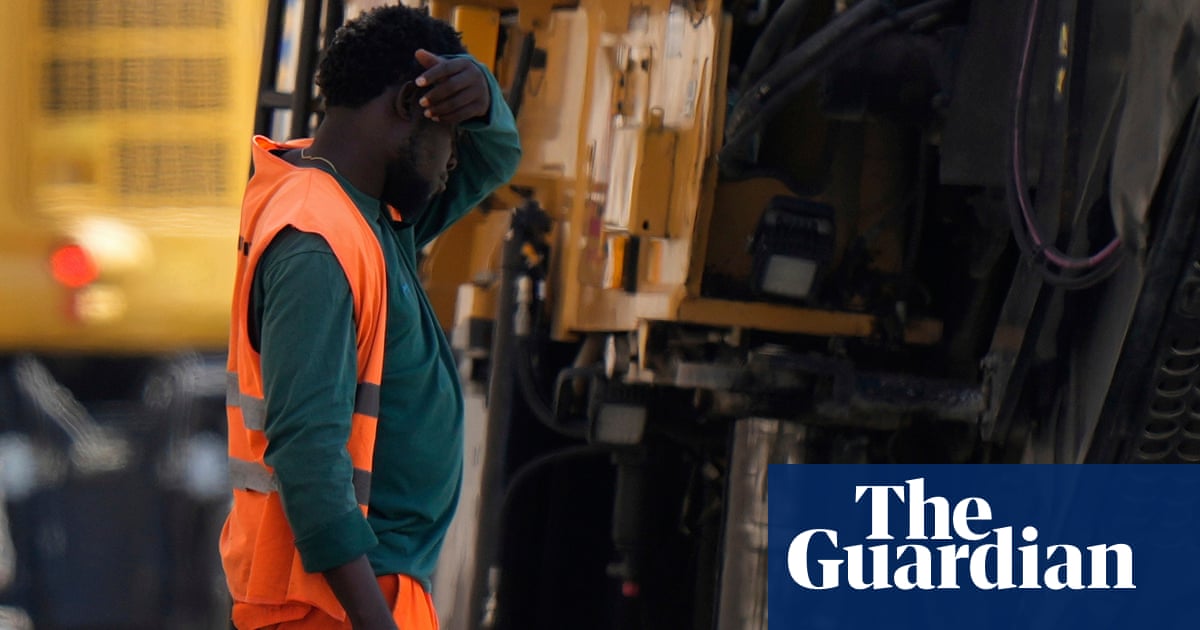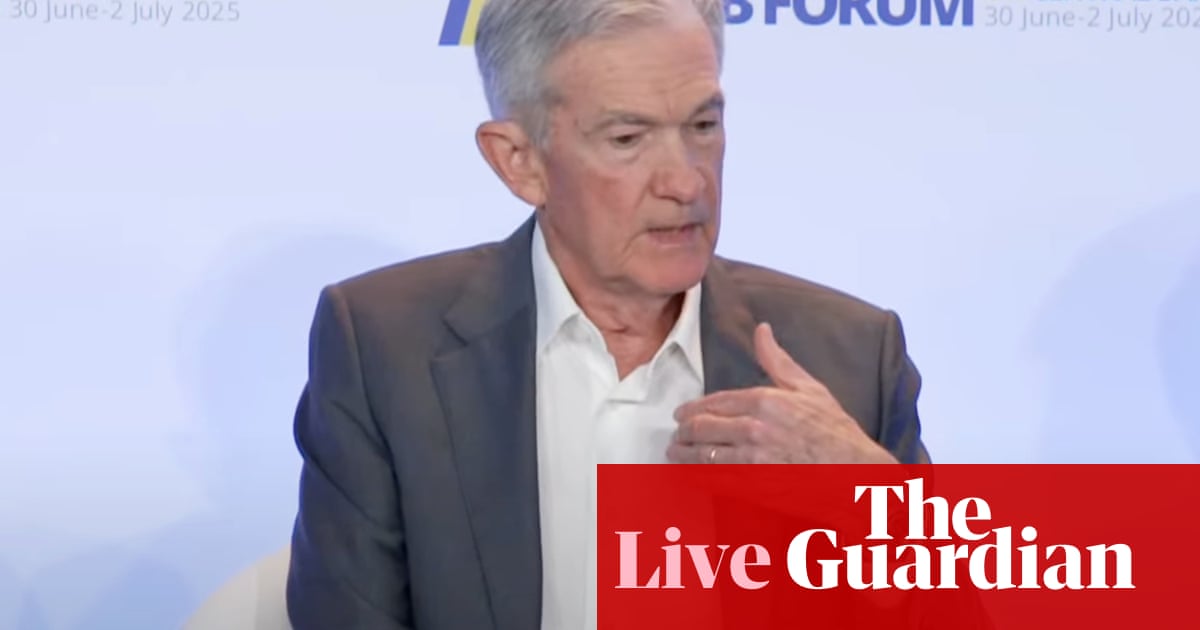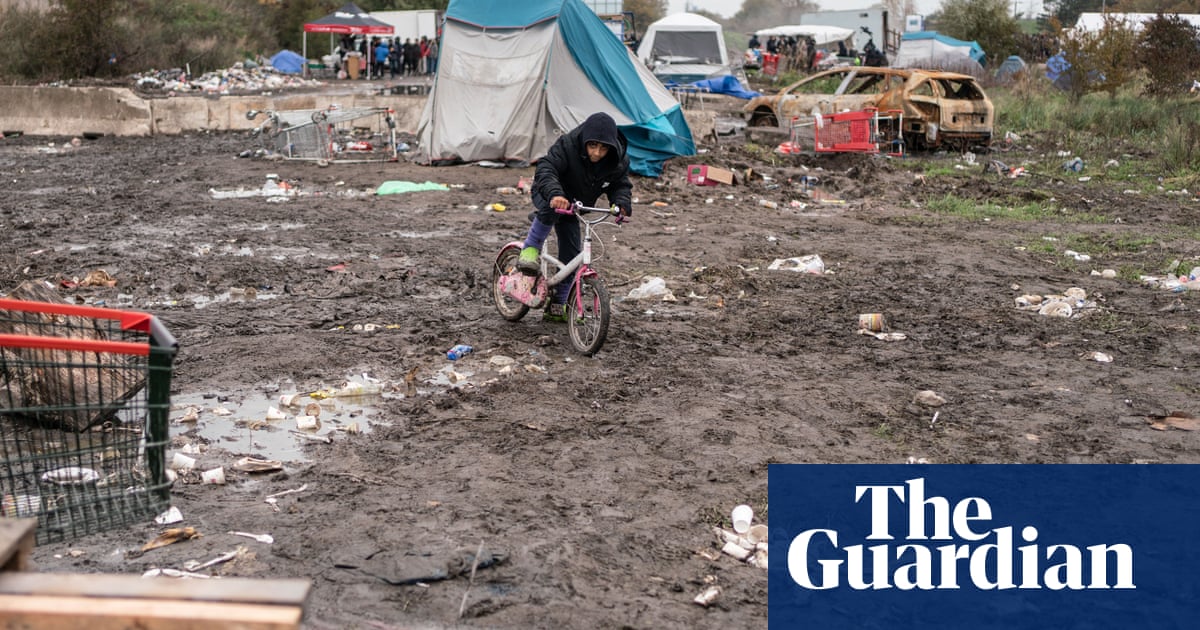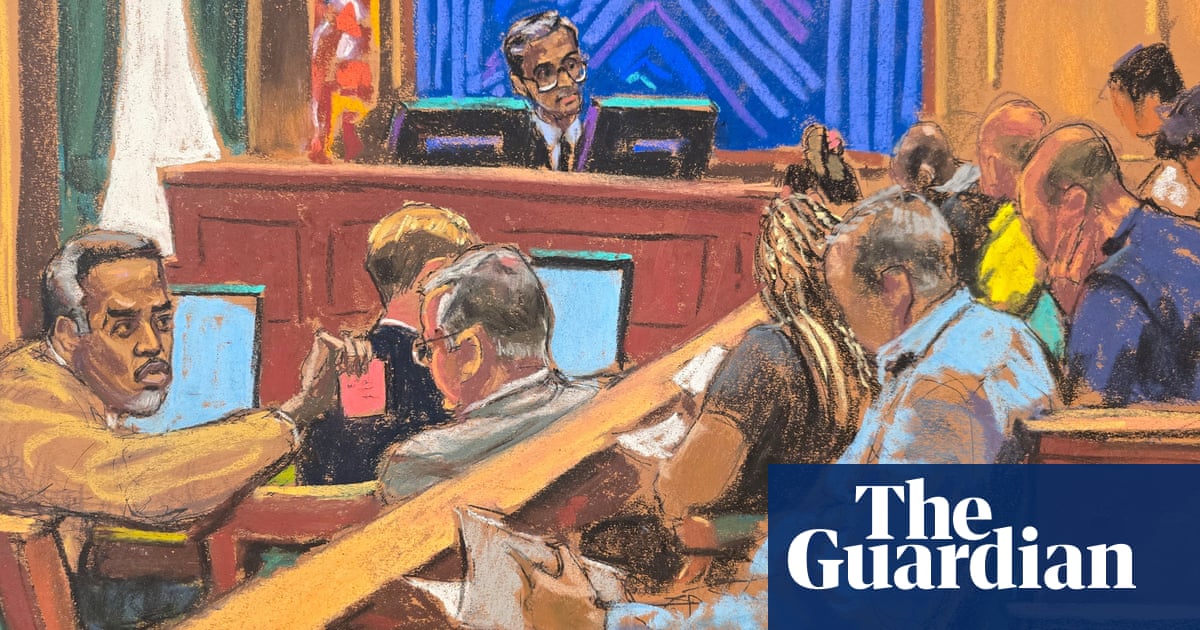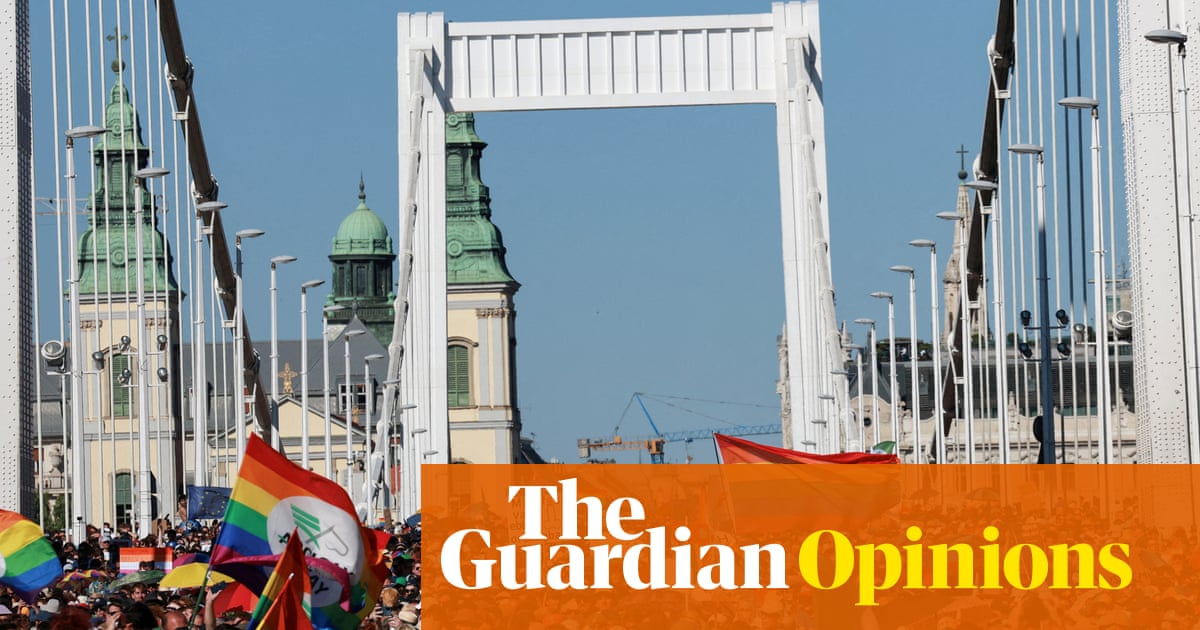In a lifetime of activism, I have canvassed and phone-banked, raised money, and twisted arms for dozens of political candidates. Zohran Mamdani, the 33-year-old Indian-Ugandan democratic socialist and presumptive winner of the New York City Democratic mayoral primary, is the only one I’ve both supported without reservation and believed could win.
Volunteering for a campaign always teaches you something. Often, it’s discouraging – like the moment my partner and I saw Hillary Clinton’s team selling lawn signs for $25 instead of blanketing Philadelphia by distributing them free, and predicted she’d lose. But the lessons of Zohran’s victory are hopeful for the left and the Democrats – if the party takes them to heart.
“A city we can afford.” Zohran’s slogan is unremarkably moderate and unabashedly progressive. In a city whose median income is rising sharply in spite of a 25% poverty rate, only the rich are comfortable, while everyone else, from students to firefighters to families with more than one kid struggle – or leave.
Asked by a local Fox TV interviewer what a democratic socialist is, Mamdani answered: “To me it means that every New Yorker has what they need to live a dignified life – it’s local government’s responsibility to provide that”. His platform includes a rent freeze on the city’s 2.3 million regulated apartments; free childcare starting at six months; no-fare buses; and a $30 minimum wage – about the city’s living wage – by 2030. Basically, he believes life in the city can be easier and happier.
This platform resonates. When you canvass, you ask people what concerns them. A woman with a baby on her hip nodded toward the baby and sighed. I got what she meant. At a shabby industrial building surrounded by new glass towers, a woman descended four flights because the landlord won’t fix the buzzer, or anything else; he’s trying to push out the tenants and sell the lot. She said cheap rent allowed her to start a business, which she feared Mamdani would tax to death. I told her he supported a crackdown on bad landlords and commercial rent control. “Hmm,” she said. By the conversation’s end, I entered “leans yes” in the canvassing app.
Mamdani’s ideas are not pie-in-the-sky. The rent guidelines board, appointed by the mayor, voted 0% increases on some leases in 2015, 2016, and on all leases in 2020, during the pandemic. Democratic mayor Bill De Blasio got universal pre-kindergarten staffed, funded, and full almost immediately upon election in 2014.
Chicago and Atlanta may be moving ahead with municipal groceries. A 2023 pilot program waiving fares on five New York bus routes was largely successful, and its failures can inform the next attempt.
How would Mamdani pay for all this? Impose a 2% tax on the top 1%–residents earning more than $1m annually; and raise the top corporate tax rate to match neighboring New Jersey’s, to 11.5% from 7.25%.
New York has the resources. Nationally, corporate profits have risen 80% since the pandemic. In New York, 34,000 households, a thin skin on the Big Apple, take home 35% of the earnings. Other cities and states have tapped the windfall that companies and the rich have reaped from federal income tax cuts. Combined with such Republican-sounding ideas as eliminating waste in procurement and boosting small business by cutting red tape, Mamdani says these reforms can bring in $10bn in revenue, pay for the services that improve city life and ultimately grow the tax base.
“From each according to their ability, to each according to their need”: that’s socialism 101. “The greatest good for the greatest number”: old-fashioned utilitarianism. These policies are also sensible municipal management.
Moral integrity is good politics
Since founding his college’s chapter of Students for Justice in Palestine, Mamdani, an east African Muslim, has been a vocal critic of Israel’s occupation. A week after Hamas’s attacks – which he calls a war crime – he joined Jewish Voice for Peace in a protest of Israel’s outsized response. For this position, his closest rival, former New York governor Andrew Cuomo, and the rightwing press have hammered Mamdani as an antisemite and a Holocaust denier; on one mailer, his photo was doctored to make his beard bushier and longer. Cuomo kept mispronouncing his name, insinuating that Zohran Mamdani is inscrutably, dangerously foreign.
Establishment Democrats – Kamala Harris, Cory Booker – keep running from condemnation of what most of the world calls Israel’s crimes against humanity. This is not just a moral failing. It’s politically unnecessary. A recent Pew poll found that almost seven in 10 Democrats – and half of Republicans under 50 – have negative views of Israel. In a couple of months of canvassing, I met only two people who wouldn’t vote for Mamdani because of his position on Israel-Palestine. One had Hebrew tattooed on his forearm. Among the volunteers, several who were drawn to Zohran for his stance on Palestine, were Jewish.
The question may be moot. In an Emerson poll, 46% of New York voters said their candidate did not need to be pro-Israel. The journalist Peter Beinart believes that Mamdani’s victory suggests that the movement for Palestinian freedom has entered mainstream politics and can be an asset to Democrats.
Confronted repeatedly by false accusations of antisemitism, Mamdani has been frustrated and hurt. Yet he is neither defensive nor evasive. “At the core of my position about Israel, Palestine, anyplace in the world, is consistency, international law, and human rights,” he told Fox. “I believe that justice, freedom, safety – those are things that should be applied to all people.”
In his victory speech, he said: “I cannot promise that you will always agree with me, but I will never hide from you.” He would “wrestle with” opinions that differed from his own, he added, implying he meant feelings about the Middle East.
Mamdani is a gifted politician – and an honest man who doesn’t dismiss those he disagrees with. A person can be all these, and win.
Fear doesn’t always rule elections
Mamdani’s campaign was partially, appropriately, fueled by economic anxiety. But try as his detractors did to shift the focus, it was not fueled by fear of crime. He does not advocate defunding the police. Instead, he’s proposed a department of community safety, to deal with volatile mental health crises in the subways and to attack hate crimes at their source, leaving cops to pursue violent crime. He recognizes that good public services and personal economic stability, not more police, constitute public safety.
More striking, Zohran mobilized civic pride, solidarity, and joy. These too are winning political emotions.
Young people represent the crises facing working Americans
At the beginning of a canvassing shift, everybody introduces themselves and says why they’re there. I am usually the oldest. As a white person, I’m one of maybe half the group. Many of my comrades’ genders are less recognizable than my own. As a homeowner with an adequate income, I’m in the minority.
“I can’t even afford the Bronx” – the cheapest borough for renters – a recent college graduate with her parents moaned, to knowing laughter. A pregnant woman has “a panic attack” whenever she contemplates paying for daycare. A man in his 30s who drives an Uber 12 hours a day would like to be home when his kids are awake. A first-generation Chinese American fears for her undocumented parents and feels an obligation to elect someone who will protect them.
Their jobs are precarious, their credit cards overcharged. They have no health insurance and wonder if they’ll ever retire their student debt. They come from mixed immigration status families and imagine middle age on a broiling planet. And they are the young voters who turned out overwhelmingly for a member of the Democratic Socialists of America. If the Democrats want the same results, they need to offer these voters, who personify America’s troubled working and middle classes, a progressive vision.
People can overpower money
Mamdani crushed it in presumed Cuomo strongholds throughout the five boroughs. Of course, he ruled in the youth-dominated “commie corridor” from Astoria, Queens to Bushwick, Brooklyn (80%). But he also carried communities such as Asian Flushing, Sunset Park, Elmhurst, and Chinatown Queens, by no means presumed progressive.
In February, Cuomo polled at 33% of potential votes; Zohran had 1%.
By primary day, the pro-Cuomo Super Pac, bankrolled by billionaires including Trump supporters like Wall Street bigwig Bill Ackman, had spent $25m, largely on smear ads. Mamdani’s Pac spent $1.2m, and a Working Families party affiliated Pac put in $500,000.
Mamdani had as many as 50,000 volunteers, who knocked over a million doors. Cuomo avoided the public and the press.
Money isn’t everything.
We don’t have to settle for the lesser of two evils
The general election will be tougher. Mamdani beat a badly compromised rival with only 432,000 votes in a city with 4.7 million “active voters” in 2024, not all of whom vote. If Cuomo runs as an independent, he will double down on the Islamophobia and red-baiting. So will now independent mayor Eric Adams and Republican Curtis Sliwa, founder of the quasi-vigilante Guardian Angels. The Republican party is already making Mamdani the poster boy of a Marxist, terrorist, criminal immigrant Democratic party. Wall Street is preparing for battle.
But whether Mamdani wins or loses, pundits on all sides will avow that what happens in liberal New York stays in liberal New York. It can’t transplant to national, or even statewide, elections. That’s a cynical error.
In his primary night speech, Mamdani promised to use his office “to reject Donald Trump’s fascism, to stop masked Ice agents from deporting our neighbors, and to govern our city as a model for the Democratic party. A party where we fight for working people with no apologies.”
This is not today’s Democratic party. But it has everything to gain from watching Zohran Mamdani and the extraordinary coalition of superhumanly enthusiastic volunteers he has inspired. Theirs are the faces of a political party that democracy, and Americans, deserve.
-
Judith Levine is a Brooklyn journalist and essayist, a contributing writer to the Intercept and the author of five books

 5 hours ago
2
5 hours ago
2
